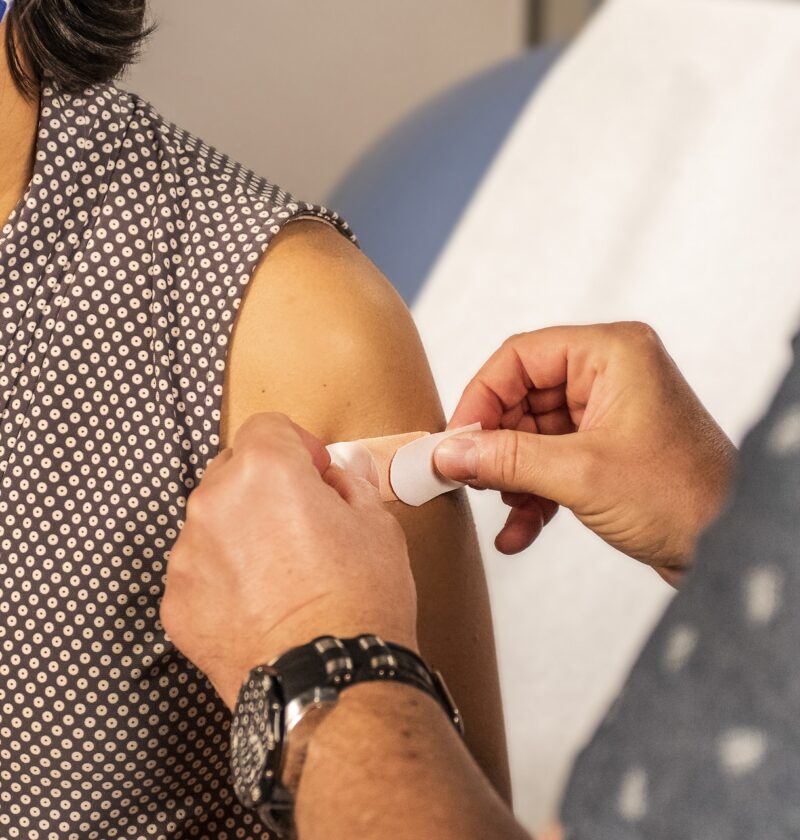Many people need clarification about participating in a clinical trial. They believe researchers will experiment on them and use them as guinea pigs. This is not the case.
Clinical trials are conducted to test medical treatments. These medical treatments can be drugs, devices, or even lifestyle changes. The research studies follow strict scientific guidelines that ensure participants’ safety.
What is a Clinical Trial?
Clinical trials are research studies that use human volunteers to test new medical treatments, procedures, and drugs. They are essential to research and can help improve people’s health worldwide. Clinical trials are regulated by the Food and Drug Administration (FDA) and state agencies to ensure safety.
All clinical trials are conducted under a protocol, a detailed plan that outlines how the trial will work and what will be done during it. There are many types of clinical trials, from prevention to treatment. Prevention trials aim to prevent disease in healthy individuals, screening trials attempt to find improved diagnostic tests or procedures, and treatment trials evaluate new drugs or combinations of existing medications.
During a clinical trial, the research team will screen you to ensure you are eligible for the study. This can include blood and other laboratory tests, thinking and memory tests, physical exams, and health history questions. After you have been screened, the research team will fully explain the study and request your permission to participate.
Pharmaceutical corporations pay the majority of clinical trials to learn more about their new therapies. However, some trials are not sponsored by any company and are conducted by independent research organizations. Participants in a clinical trial are usually compensated for their time and travel expenses. The rate of compensation varies depending on the phase of the clinical trial.
How Do I Find a Clinical Trial?
Research studies are essential in bringing new, often lifesaving treatments to the market. But they also pose certain risks to participants. Understanding the risks and advantages of participating in a clinical study is critical before consenting to enroll.
If you’re considering participating in a paid clinical trial, the first step is to find a study that fits your needs. Your doctor or a patient organization can help you to do this.
Once you’ve found a suitable trial, you must talk to the researcher about compensation. The amount of money offered varies according to the clinical trial and the stage of therapy. Some studies may offer more than others, and additional reimbursements can be provided to cover travel expenses and time off work.
It’s important to note that any payments you receive for participation in a clinical trial must be reported to the IRS. However, any reimbursements based on receipts submitted by the participant covering pre-approved study-related activities (like gas, parking, lodging, and meals) will be excluded from this requirement. Payments from clinical research also won’t jeopardize your eligibility for SSI or Medicaid.
Benefits of Participating in a Clinical Trial
Clinical trials allow patients to try new treatments that may be better for their health condition. They also help scientists learn more about diseases and help bring the next generation of medical advancements closer to reality.
Participants can receive free treatment, medication, or compensation for travel expenses. These benefits are often described in more detail on the participant information sheet and consent form that patients can review before they decide to participate in a study. Ultimately, the decision to enroll in a clinical trial is personal and must be carefully considered by both patients and physicians.
The first benefit of participating in a clinical trial is testing a potential new treatment before it’s released to the public. This is true for patients with health conditions and healthy volunteers (for example, vaccine studies).
Almost all advances in medicine that have helped improve people’s lives came about because of the participation of individuals like you in clinical research. Your contribution to advancing science is significant and should never be taken lightly.
Another significant benefit of participating in a clinical trial is knowing you’re helping others. This is especially true for those who have rare or chronic illnesses, as well as those who are trying to find a cure for an undiscovered disease.
Where Can I Find a Clinical Trial?
Clinical trials are essential to medical research, testing out new options that can help save lives and improve health. These studies often bring groundbreaking treatments, such as vaccines and anti-aging products, to the public. The information they produce also helps better inform medical decisions and practices for people worldwide.
The first step to finding a trial is determining which research institutions are near you and their current available trials. This is an excellent way to determine if you could be eligible for a study, allowing you to ask any questions.
It’s important to note that only some clinical trials will offer compensation. However, it’s still worth looking into your options because the amount of money you can receive varies by therapeutic area and the type of trial you participate in. For instance, trials testing not-yet-approved treatment options tend to pay the most.







